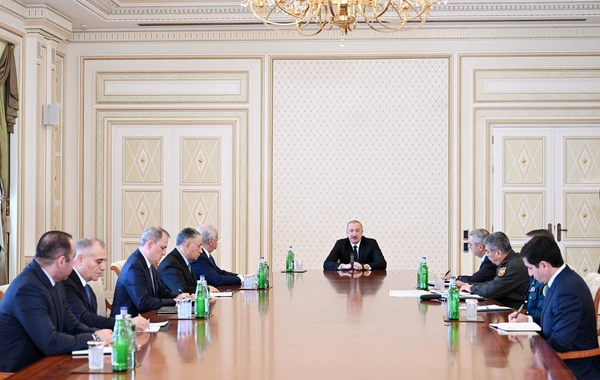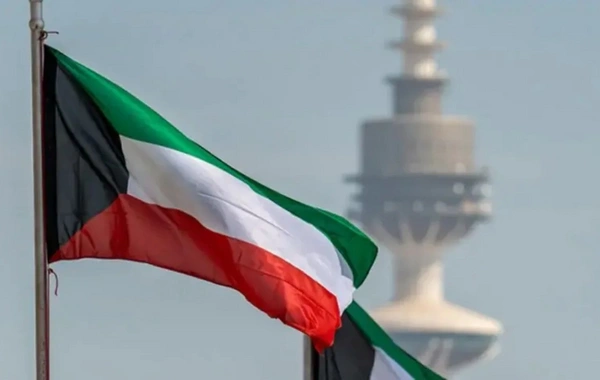Today marks the 116th anniversary of Mikail Mushfig's birth

June 5, 2025 marks the 117th anniversary of the birth of Mikail Mushfig - one of the brightest representatives of Azerbaijani poetry of the 20th century. Despite his short life, he left a significant literary legacy, becoming a symbol of creative rise and the tragic fate of the intelligentsia during the years of Stalin's repressions.
Early Years and Education
Mikail Mushfig (real name - Mikail Ismailzade) was born on June 5, 1908 in Baku to the family of teacher Mirza Kadyr Ismailzade, who was also engaged in literary work and wrote the libretto for composer Abdul-Muslim Magomaev's opera "Shah Ismail". After his father's death in 1914, Mushfig was orphaned and raised by relatives.
In 1915, he entered a Russian-Tatar school, and in 1920 - the Baku Teachers' Seminary. From 1927 to 1931, he studied at the Faculty of Language and Literature of Azerbaijan State University.
Literary Activity
Mushfig began his literary career in 1926. Between 1930 and 1935, he published ten collections of poems, which reflected contemporary themes and the people's aspiration for freedom and progress. He was also an active member of the literary association "Kyzyl Kalam" ("Red Pen").
Arrest and Rehabilitation
On June 4, 1937, Mushfig was arrested on charges of nationalism and anti-Soviet activities. On January 5, 1938, he was sentenced to death and executed on the same day. After Stalin's death, on May 23, 1956, Mushfig was rehabilitated.
Memory and Legacy
Mikail Mushfig's name is immortalized in the names of streets in Baku, Oguz and Gabala, as well as in the name of the settlement Mushfigabad. A monument to the poet has been erected in Baku, and school #18 bears his name. In 2008, on the 100th anniversary of Mushfig's birth, a postage stamp was issued, and in 2020, composer Javanshir Guliyev wrote the oratorio "Mushfig's Elegies".
Mikail Mushfig remains a significant figure in the history of Azerbaijani literature, symbolizing creative freedom and the tragedy of the intelligentsia in the era of repressions.
Similar News
Today is the memorial day of Jayhun Mirzoev
Today is the memorial day of film actor and director Jayhun Mirzoyev, who left a deep mark on Azerbaijani cinema thanks to the role of Ismayil in the Azerbaijan...



 Azərbaycanca
Azərbaycanca  По-русски
По-русски  English
English 






